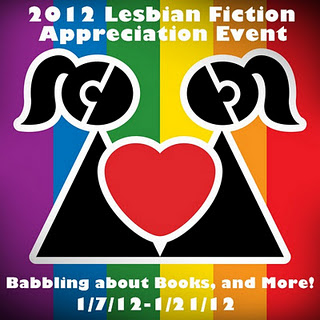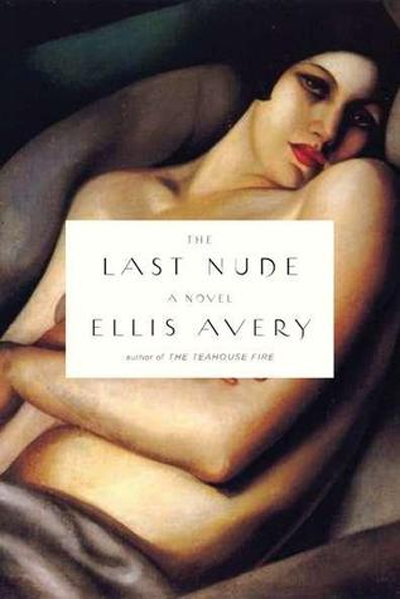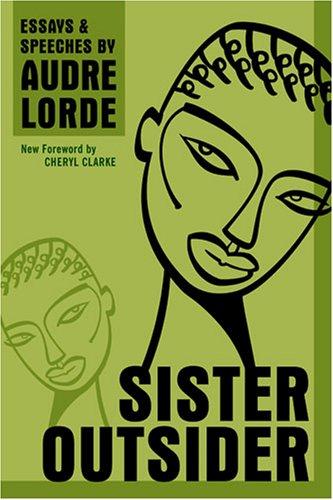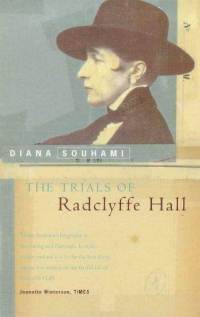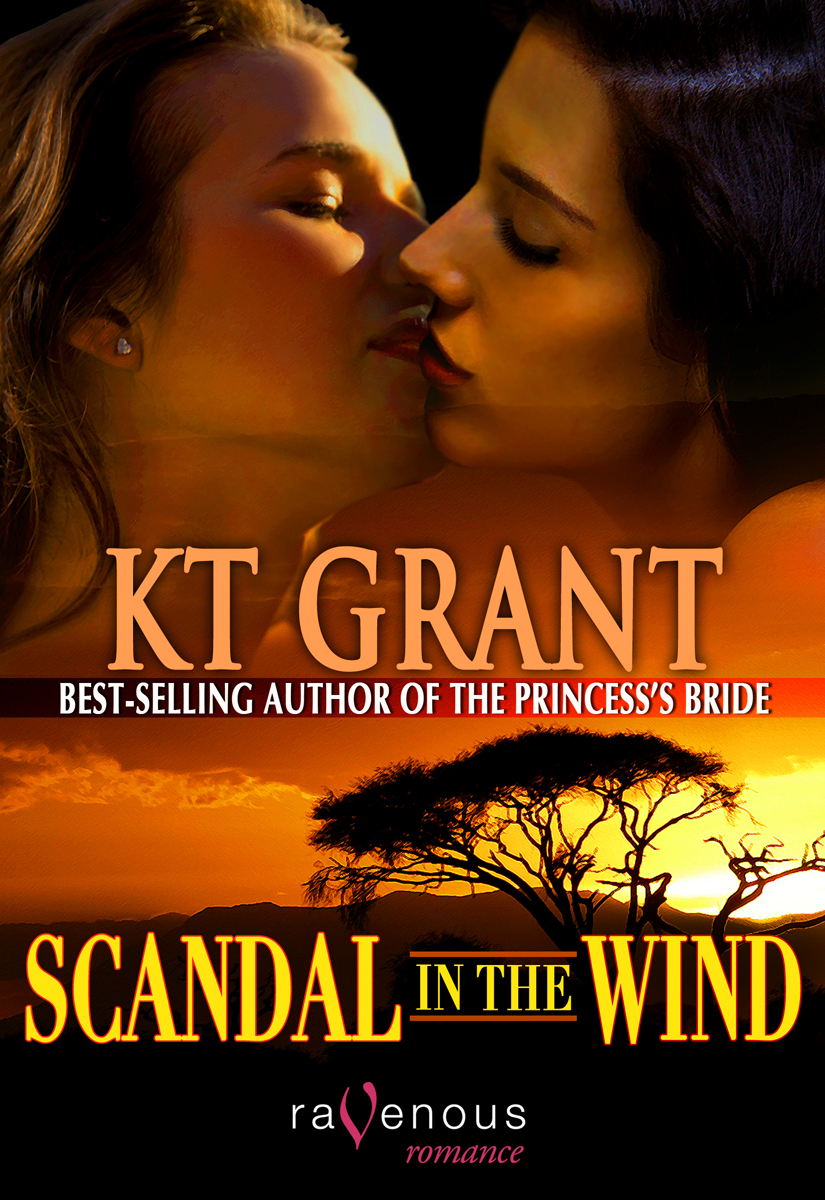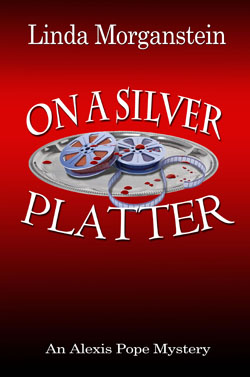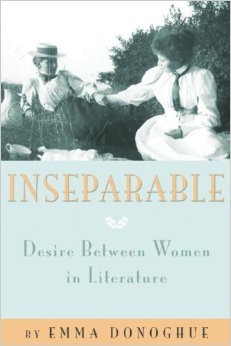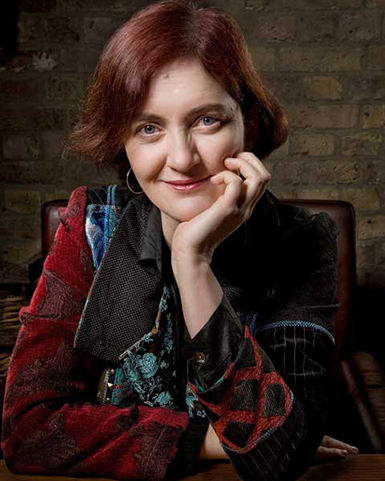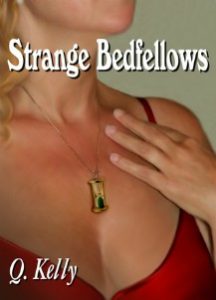AfterEllen posted
- Across the Page: Patricia Cornwell’s “Red Mist,” plus reviews of books by Bett Norris and Marilyn Hacker
- 10 years in “Jane’s World”: An interview with Paige Braddock
- 2011 in Review: Books
Babbling About Books, and More! posted Announcing The 2012 Lesbian Fiction Appreciation Event! (1/7/12-1/21/12 (I’ll be doing a guest post, along with lots of other authors, reviewers, and publishers!).
Bibrary Book Lust posted Transcending Gender 2012 Reading Challenge.
Elisa posted LGBT Ebook and Print Releases December, 2011.
Lambda Literary posted a mini link round up and Best Books 2011: Authors’ Choice.
Lethe Press posted Lethe Press publisher Steve Berman speaks to PNG about LGBT Publishing.
Loving Venus – Loving Mars posted More Discussions on f/f Romance and its Popularity.
Women and Words posted ‘Tis the Season for Giving.
Forbes Library Subject Guides: Lesbian Fiction.
Jeanette Winterson is not the only lesbian was posted at Trouble & Strife.
Toronto’s Glad Day Bookshop up for sale (a link round up) was posted by Randy McDonald.
The Last Nude by Ellis Avery was reviewed at Bibrary Book Lust.
The Girls Club by Sally Bellerose was reviewed at The Rainbow Reader.
Brooklyn, Burning by Steve Brezenoff was reviewed at Lambda Literary.
Bi America: Myths, Truths, And Struggles Of An Invisible Community by William Burleson was reviewed at Shelly’s LGBT Book Review Blog.
Beautiful Game by Kate Christie was reviewed at Lambda Literary.
Ugly Betty by Vanessa DeSade was reviewed at Girls Only Reviews.
Christmas Carol by Ruth Gogoll was reviewed at C-Spot Reviews.
For Frying Out Loud: Rehoboth Beach Diaries by Fay Jacobs was reviewed by Elisa.
To Play the Fool by Laurie R. King was reviewed at rsadelle.
Slave to Innocence by Emma Lai was reviewed at Bosom Friends.
Sister Outsider by Audre Lorde was discussed at A Year of Feminist Classics.
L.A. Metro by RJ Nolan was reviewed at C-Spot Reviews.
Miss McGhee by Bett Norris was reviewed at Bosom Friends.
The Trials of Radclyffe Hall by Diana Souhami was reviewed at Shelly’s LGBT Book Review Blog.
High Dive by Cynthia Tyler was reviewed at Shelly’s LGBT Book Review Blog.
Small Fires by Julie Marie Wade was reviewed at Lambda Literary.
Fingersmith by Sarah Waters was reviewed at I Hug My Books.
The Night Watch by Sarah Waters was reviewed at Leeds Reads.

